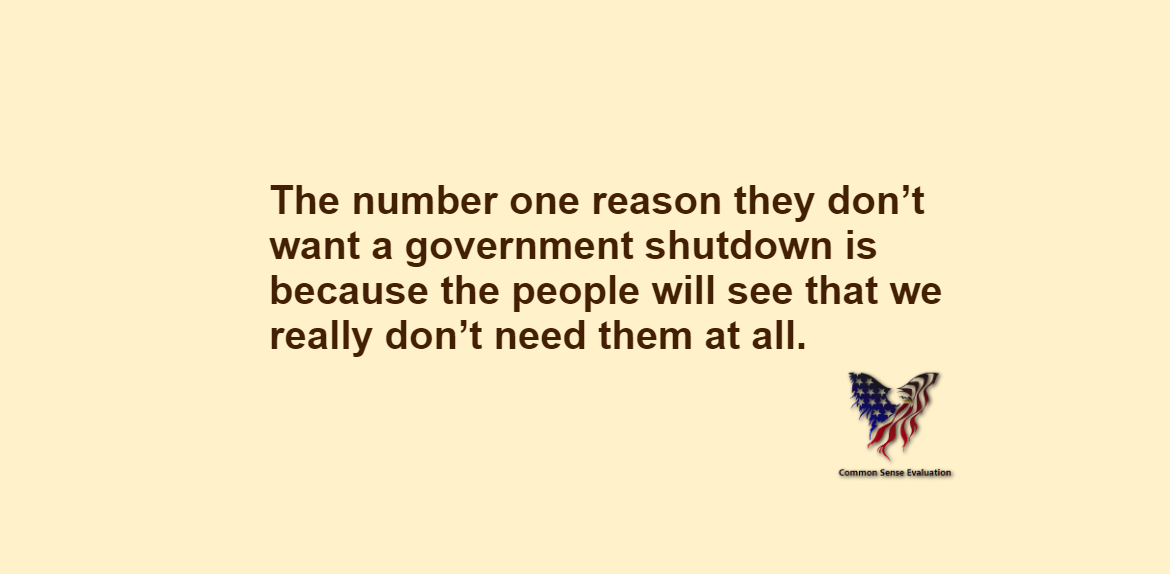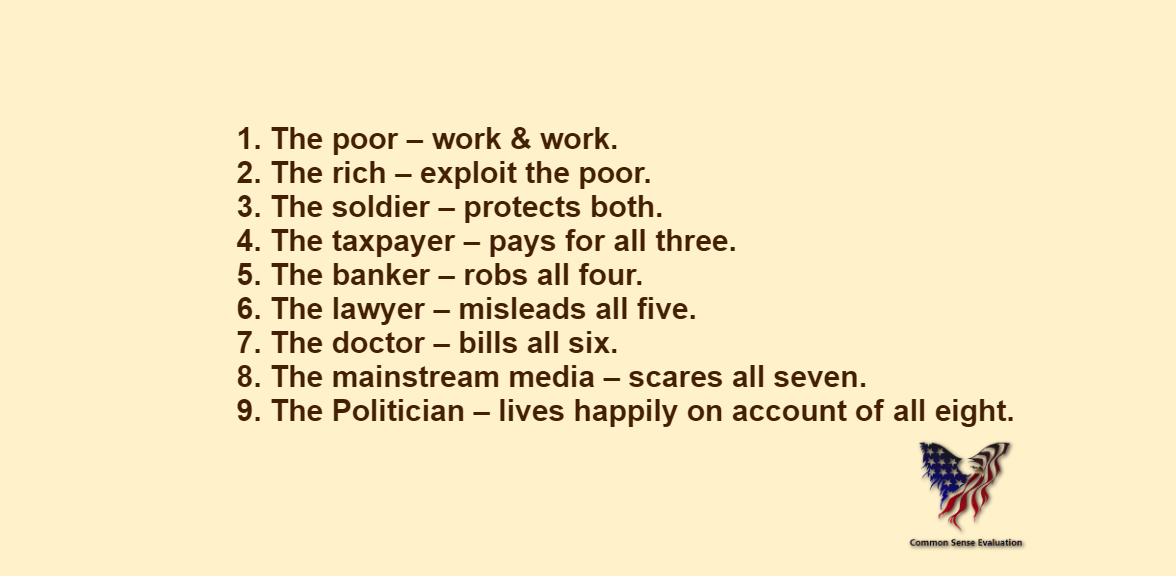Imagine a colossal mountain of money that stretches beyond your wildest imagination. Now, envision that this mammoth sum is not a treasure chest but a crushing burden, slowly sinking the world’s largest economy. What you’re picturing is the staggering debt of the United States. The interest payments on this colossal $33 trillion debt alone are shaking the nation’s financial stability. In this article, we will explore the intricacies of this crisis, exploring the potential consequences, and highlighting the importance of Congress taking responsibility for its spending habits.
The Burden of Debt
To truly understand the gravity of the situation, let’s break it down. The United States’ national debt stands at an astonishing $33 trillion, a figure surpassing the combined GDP of most countries on Earth. To put it in perspective, if you counted one dollar per second, it would take you over a million years to reach that astronomical amount. However, it’s not just the sheer size of the debt that’s alarming; it’s the interest payments that are draining America’s financial vitality.
Interest Payments: The Silent Killer
Interest payments on the national debt may seem like a necessary evil, but their magnitude is nothing short of jaw-dropping. In recent years, these payments have been skyrocketing, consuming an ever-growing share of the federal budget. But how does this work, you ask? The U.S. government borrows money by issuing Treasury bonds and pays interest on this borrowed cash. The more debt the government accumulates, the higher the interest payments become.
Presently, the U.S. government allocates a substantial portion of its annual budget to service this debt, which leaves less money available for essential programs like education, healthcare, and infrastructure. It’s akin to having a credit card bill so enormous that it consumes your entire paycheck, leaving you with little to cover your essential expenses.
The Vicious Cycle
The problem doesn’t end there. As interest payments balloon, they create a vicious cycle. To pay the interest, the government often borrows even more money, adding to the debt pile. This cycle perpetuates itself, with interest payments growing exponentially over time. It’s a financial treadmill that’s increasingly challenging to step off.
What’s at Stake?
So, why should you care about these interest payments? Well, they have far-reaching consequences that could affect every American. Here are some of the key areas where the repercussions could be felt:
- Higher Taxes: To cover interest payments, the government might have to raise taxes, leaving citizens with less money in their pockets.
- Reduced Public Services: As more money goes towards interest, there’s less available for essential services, potentially leading to deteriorating infrastructure, lower-quality healthcare, and underfunded schools.
- Economic Uncertainty: An unsustainable debt burden can lead to economic instability, impacting job security, investment, and overall prosperity.
- Generational Inequity: Future generations will be saddled with the consequences of today’s fiscal decisions, potentially limiting their opportunities and quality of life.
The Role of Congress
While we discuss the looming crisis of interest payments, it’s crucial to recognize the significant role that Congress plays in this situation. The debt and the subsequent interest payments are not solely the result of economic forces; they are also the direct consequence of congressional spending decisions. Congress controls the purse strings, and it is responsible for approving budgets and authorizing government expenditures.
Congress’s Spending Habits
It is impossible to deny that Congress’s spending habits have contributed significantly to the ballooning national debt. Irresponsible spending, unchecked growth in government programs, and a tendency to kick the can down the road when it comes to addressing fiscal issues have all played a part. It’s time for Congress to take responsibility for its role in this financial predicament.
The Road Ahead
While the situation may seem dire, it’s not all doom and gloom. There are steps that can be taken to address this crisis, and Congress must lead the way:
- Fiscal Responsibility: Congress must exercise fiscal responsibility by curbing excessive spending, adopting a more disciplined approach to budgeting, and finding ways to reduce the deficit.
- Economic Growth: A robust economy generates more revenue, making it easier to manage the debt. Congress should prioritize policies that promote economic growth.
- Debt Restructuring: Exploring options like debt restructuring or refinancing to lower interest rates can help ease the burden of interest payments.
- Reducing the Debt: Congress must take concrete steps to reduce the national debt through a combination of spending cuts and revenue increases.
- Accountability and Transparency: Congress should be more transparent about how taxpayer money is being spent and be held accountable for its fiscal decisions.
Final Thoughts
The looming crisis of interest payments on America’s $33 trillion debt is a matter that affects us all. It’s not an issue confined to economists and policymakers; it’s a pressing concern that will shape the future of our nation. As American citizens, it’s crucial to stay informed about the state of our economy and advocate for responsible fiscal policies. Congress must recognize its role in this financial challenge and take meaningful steps to address it. The path forward may be challenging, but with informed citizens and responsible decision-making, we can work towards a more financially secure future for all Americans. The time for Congress to act responsibly is now, before the interest payments on this colossal debt truly bankrupt America.




